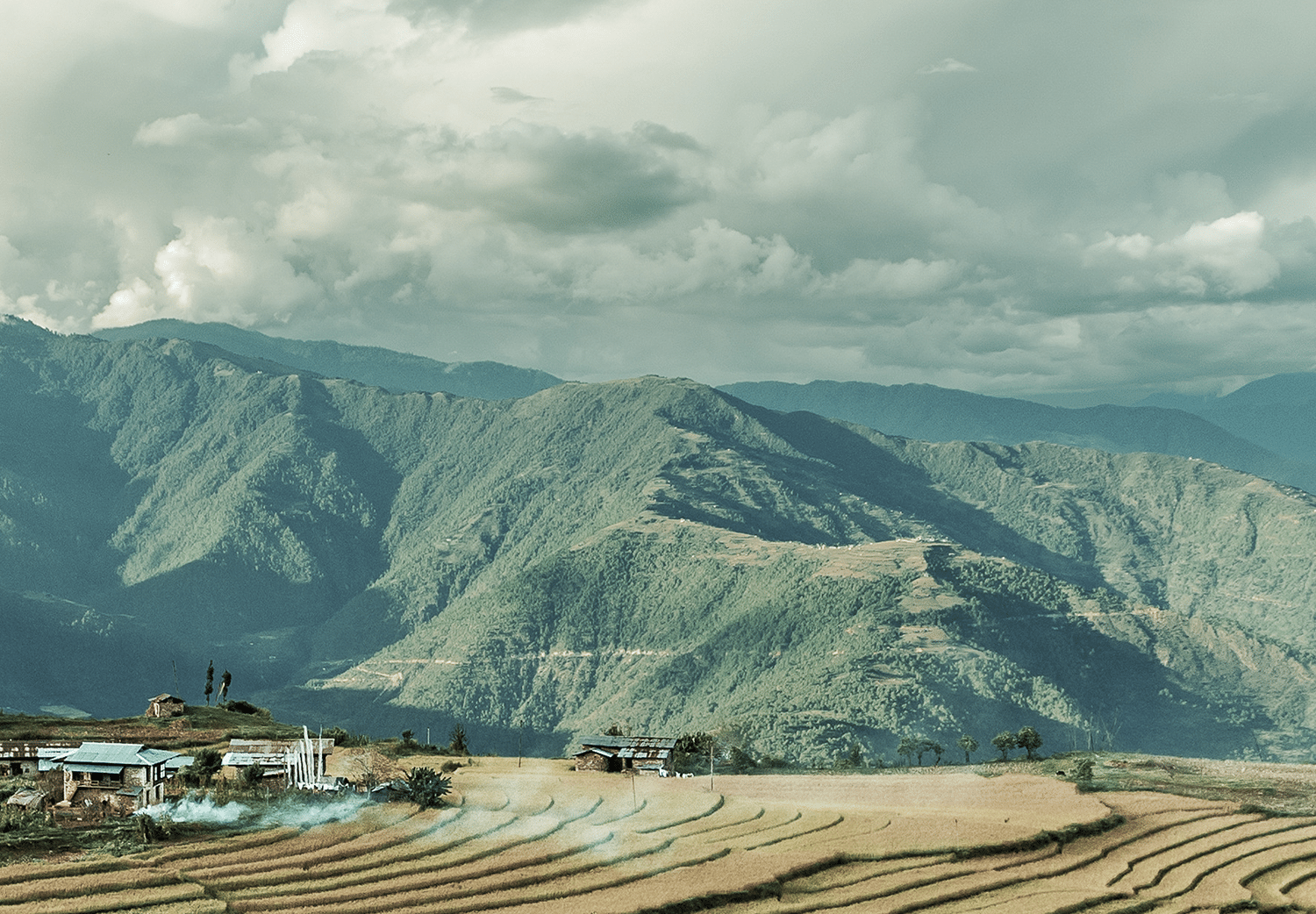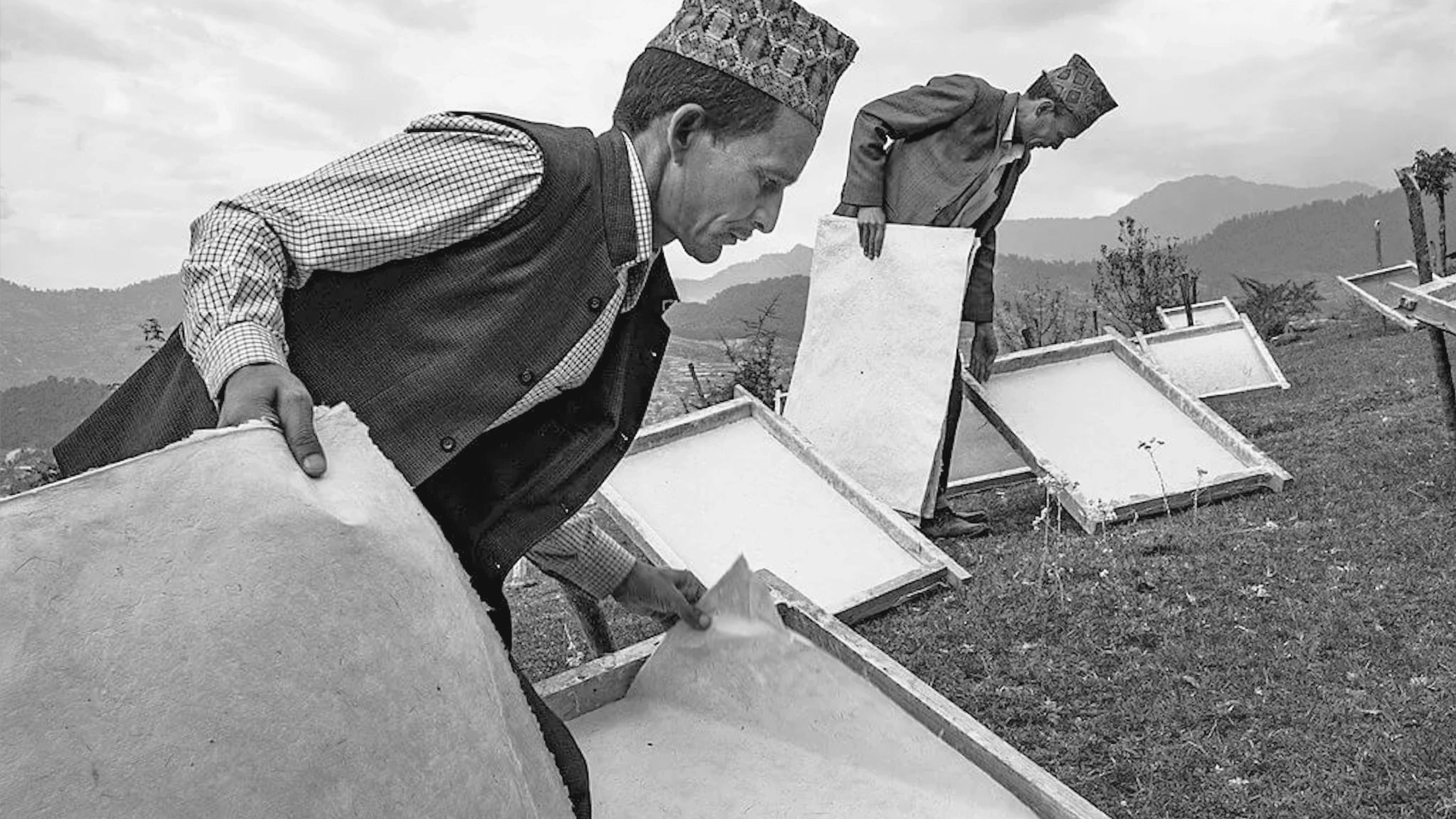Earth Day, a cherished moment that comes each year on April twenty-second, is a worldwide communion of hearts, minds, and hands, united in a shared reverence for our planet’s splendor. It is a time when people from all walks of life join in a harmonious symphony of awareness, raising their voices in a chorus of concern for Mother Earth. Rekindling our sense of wonder and awe for the Earth’s majesty, from the soaring heights of the mountains to the depths of the seas, from the vibrant colors of the forests to the fragile beauty of a blooming flower. A day to cherish the richness of biodiversity that graces our planet and to recognize the interconnectedness of all living beings, bound together in a delicate web of life.
Today, we draw our attention to a Himalayan nation that shines as a model for its unwavering commitment to protecting and preserving the environment. Bhutan is a small landlocked country perched in the Eastern Himalayas, and Earth Day takes on a unique significance as it aligns with Bhutan’s holistic approach to development, which emphasizes the principles of Gross National Happiness (GNH).

Bhutan, often referred to as the “Land of the Thunder Dragon,” is known for its stunning landscapes, rich biodiversity, and unique cultural heritage. The Bhutanese people have a deep spiritual connection with nature, and the country has a strong tradition of environmental stewardship, rooted in its philosophy of GNH. This development paradigm was introduced by the fourth king of Bhutan, King Jigme Singye Wangchuck, in the 1970s, with the belief that economic development should be balanced with social, cultural, and environmental well-being. One of the key pillars of Bhutan’s GNH philosophy is ‘environmental conservation,’ and the country has set an ambitious target to remain carbon-neutral and to maintain at least 60% forest coverage for all time, as enshrined in its constitution. Currently, the nation has a forest coverage of over 70%, making it one of the few countries in the world with a net carbon sink. The country has also taken a bold step to go 100% organic in its agricultural practices, thereby promoting sustainable farming and reducing the use of harmful chemicals.
Earth Day in Bhutan is celebrated with a series of events that highlight the importance of environmental conservation and sustainability. These events include tree plantation drives, clean-up campaigns, awareness workshops, and cultural performances that promote Bhutan’s unique heritage and close relationship with nature. Bhutanese people, from the young to the old, actively participate in these activities, showcasing their deep-rooted commitment to protecting the environment and preserving the country’s natural resources for future generations.
In addition to its efforts in environmental conservation, Bhutan has also adopted innovative policies and practices that promote sustainability and well-being in other areas of development. Bhutan’s unique approach to measuring progress through the Gross National Happiness Index, which takes into account not only economic indicators but also social, cultural, and environmental factors, serves as a model for holistic and sustainable development. Bhutan has also adopted a policy of high-value, low-volume tourism, which prioritizes cultural preservation and environmental protection over mass tourism, helping to minimize the negative impacts of tourism on the environment, thus incorporating the concept of eco-tourism.
Furthermore, the kingdom has been a vocal advocate for global environmental issues, particularly in the context of climate change. Bhutan has consistently emphasized the importance of adopting sustainable development practices and reducing greenhouse gas emissions at various international forums, including the United Nations Framework Convention on Climate Change. Bhutan’s commitment to environmental conservation has been recognized internationally, thus making this tiny nation a profound example the rest of the world could look up to.
Earth Day is a moment of introspection, a time to reflect on our collective impact on the environment and our responsibility to safeguard it, reminding us of our inherent connection to the Earth. It is a call to action, inspiring individuals, communities, and nations to take meaningful steps toward environmental conservation and sustainability. A day to take stock of our actions and to strive towards making positive changes that will protect our planet for generations to come.
Earth Day – Our Environmental Initiatives
Since 2023, HIMA JOMO has been steadfast in our pledge to plant a tree in the Himalayas for every perfume purchase made, join us in building a lush forest in the heart of the Himalayas with Nepal Evergreen.
The Travelling Jacket
In 2016, five designers from across South Asia came together to create what is now known as the traveling jacket.
The Himalayan Cedar
This majestic tree has captivated the hearts of explorers, poets, and nature enthusiasts for centuries with its enchanting presence, aromatic fragrance, and enduring qualities that make it a symbol of strength and grace.
The blue poppy of the Himalayas
A flower that lives in the seclusion of the nature that surrounds her. Simply known as blue poppy but its colour speaks silent poetry.
Khoma, the Sound of Weaving
A collective thumping sound echoes in the village of Khoma with the wake-up call from their local roasters.
Discover Ladakh: The Land of High Passes
India is known globally for its vibrant and bustling megacities but in its northern reaches lie the mountains and valleys of Ladakh, a name that means land of high passes.
The Power of a Thangka Painting
Thangkas are a distinctly Tibetan form of art centred around religious figures and symbols.
Climate Change in the Himalayas
The region is warming rapidly in the face of climate change, complicating life for millions of residents.
Tibetan Incense Making
It is impossible to envision Himalayan homes and temples without the swirling smoke or aromatic scent of incense.













